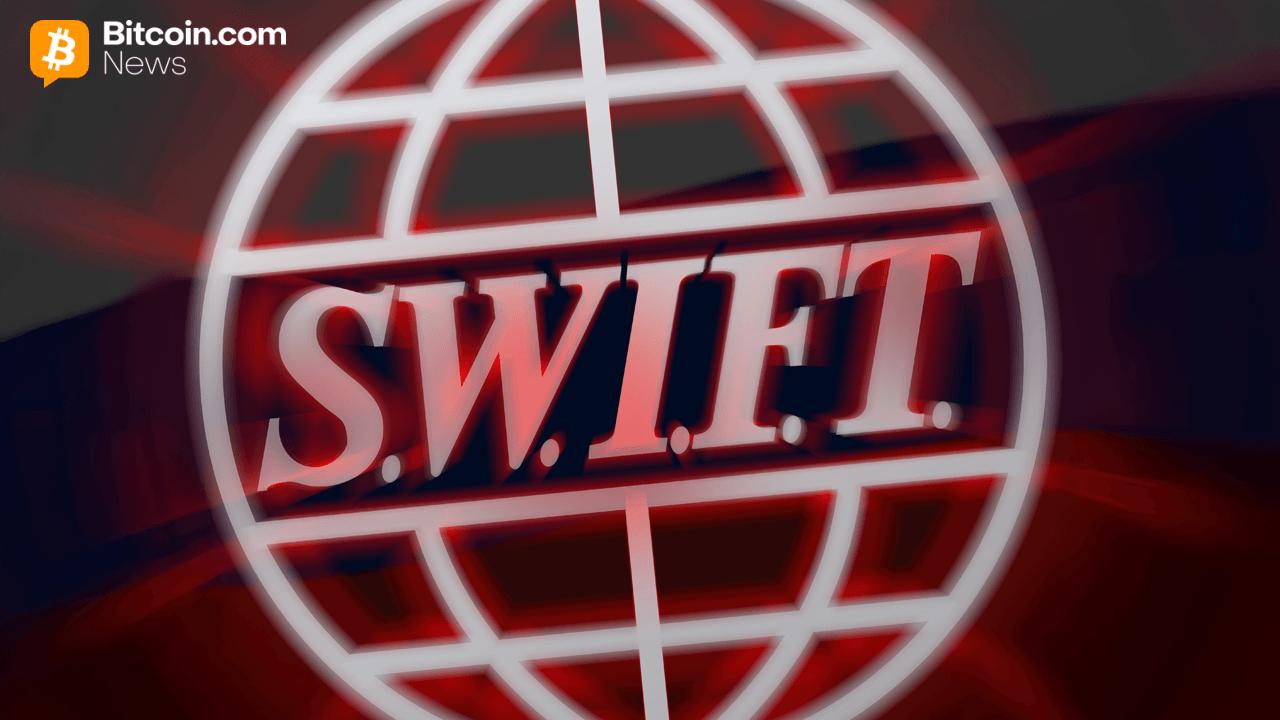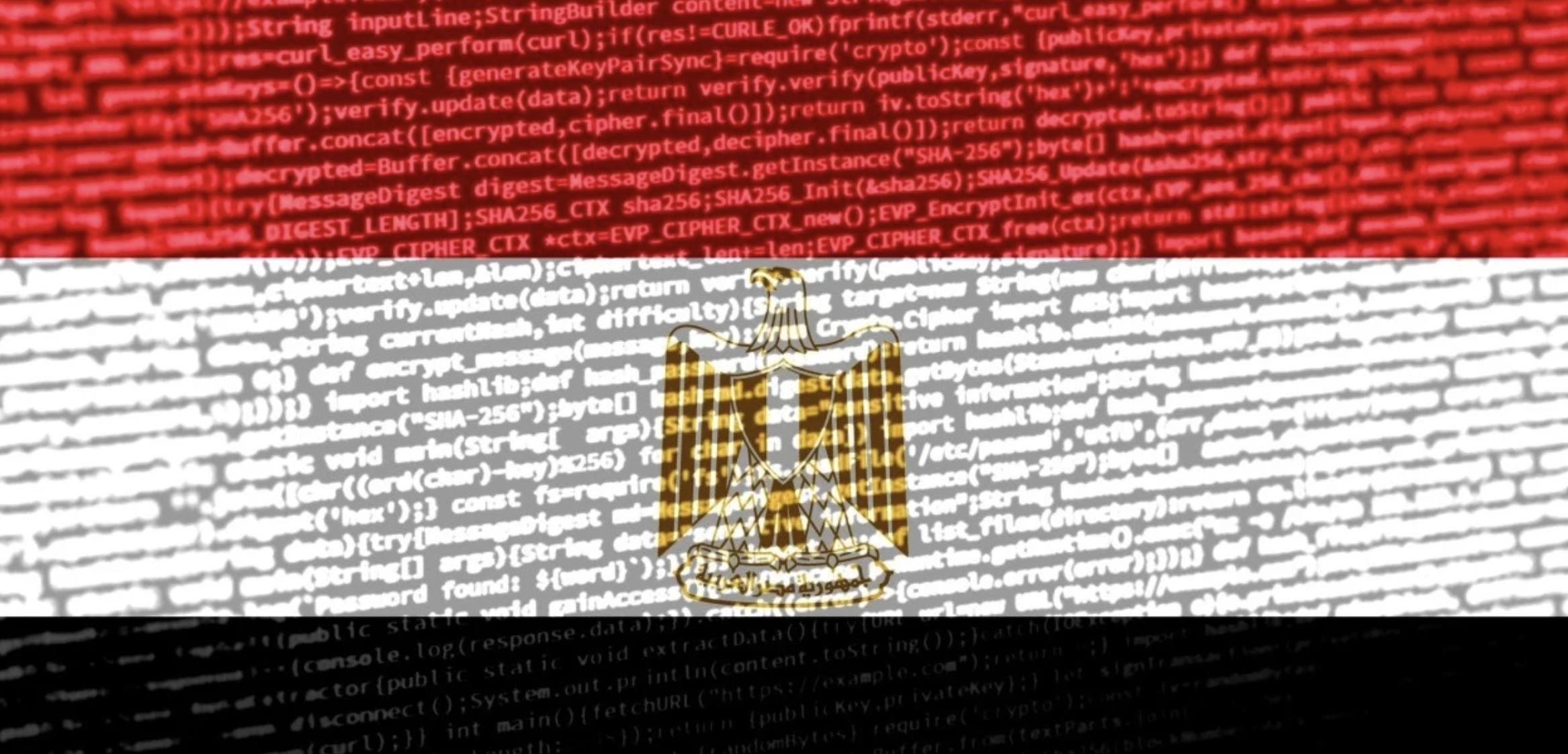Qatar's Digital Asset Framework: A Compliance Roadmap for Token Service Providers
In September 2024, the Qatar Financial Centre (QFC) introduced the revolutionary QFC Digital Assets Framework 2024, a significant leap toward a structured regulatory environment designed to foster digital asset businesses. This cutting-edge framework unveils a spectrum of opportunities and hurdles for many newcomers, especially in the realm of compliance requirements for token service providers operating in this dynamic digital landscape.
Key Compliance Areas for Digital Asset Businesses
Licensing and Authorization Requirements
To legally establish operations, new token service providers must secure appropriate licensing from the QFC Regulatory Authority (QFCRA). This comprehensive process involves submitting detailed applications outlining the specific token services planned, demonstrating adherence to regulatory standards, and proving financial stability. The rigorous licensing procedure ensures transparency and reliability within Qatar's digital asset ecosystem while establishing credible market participants.
Permitted Token Compliance Framework
The framework introduces "permitted tokens," which are cryptographically secured digital representations of property or contractual rights. These tokens must not function as currency substitutes and require robust mechanisms to validate rightful ownership before tokenization occurs. Providers must ensure comprehensive documentation, clear ownership verification processes, and adherence to specific technical standards that maintain the integrity of tokenized assets.
Operational Compliance Requirements
Governance and Risk Management
Essential frameworks demand established governance structures with clear decision-making processes, comprehensive risk assessment procedures, regular compliance monitoring systems, and effective internal controls. These measures ensure business continuity while maintaining regulatory alignment and stakeholder confidence in an evolving digital environment.
Cybersecurity and Data Protection
Stringent cybersecurity measures require robust access controls, regular security audits, ongoing employee training programs, and adherence to QFC Data Protection Regulations 2023. These comprehensive security protocols safeguard digital transactions and maintain ironclad data privacy practices essential for stakeholder trust and regulatory compliance.
Technology Management Standards
Ensuring top-tier technology involves implementing secure coding practices, maintaining regular system updates, establishing comprehensive disaster recovery plans, and conducting thorough system maintenance. These technological standards are non-negotiable elements that ensure operational integrity and security continuity critical for business success.
Regulatory Compliance and Reporting
Anti-Money Laundering and Know Your Customer Requirements
Robust AML and KYC systems must be implemented, involving comprehensive customer due diligence procedures, vigilant transaction monitoring systems, regular compliance reporting, and alignment with international standards established by the Financial Action Task Force (FATF). These requirements unlock business potential while fostering global trust and regulatory harmony.
Financial Reporting and Audit Standards
Transparent operations require regular financial reporting, independent audit procedures, comprehensive record-keeping systems, and ongoing compliance monitoring. These standards ensure accountability and maintain the integrity necessary for sustainable digital asset operations within the QFC framework.
Legal and Investor Protection
Smart Contract Compliance
Smart contracts require thorough security strategies including comprehensive code audits, rigorous testing procedures, vulnerability assessments, and ongoing monitoring systems. These measures ensure that smart contracts function safely and reliably while maintaining the transformative potential they represent in digital asset transactions.
Investor Protection Measures
Critical investor protection aspects include fair trading practices, transparent risk disclosures, effective dispute resolution mechanisms, and comprehensive investor education programs. These measures not only protect investors but also enhance overall market integrity, positioning Qatar as a key player in global digital innovation.
Implications for New Digital Asset Businesses
The QFC Digital Assets Framework creates both opportunities and challenges for new market entrants. While substantial initial investments in compliance technology and personnel are required, businesses that successfully navigate these requirements can establish credibility and trust in the burgeoning digital landscape. The framework demands ongoing monitoring and expertise development to meet evolving regulatory standards.
Success in this environment requires comprehensive understanding of permitted token regulations, robust cybersecurity implementations, and adherence to governance standards. The journey promises rewards and recognition for businesses willing to invest in proper compliance infrastructure and maintain alignment with Qatar's progressive digital asset regulations.
New tokenization ventures that embrace these requirements can embed themselves in a secure, regulated environment that builds trust in the game-changing digital asset industry. The framework not only establishes stringent compliance standards but also invites new players to earn credibility in Qatar's technology-forward future, making it an attractive destination for innovative digital asset businesses seeking regulatory clarity and market opportunities.










